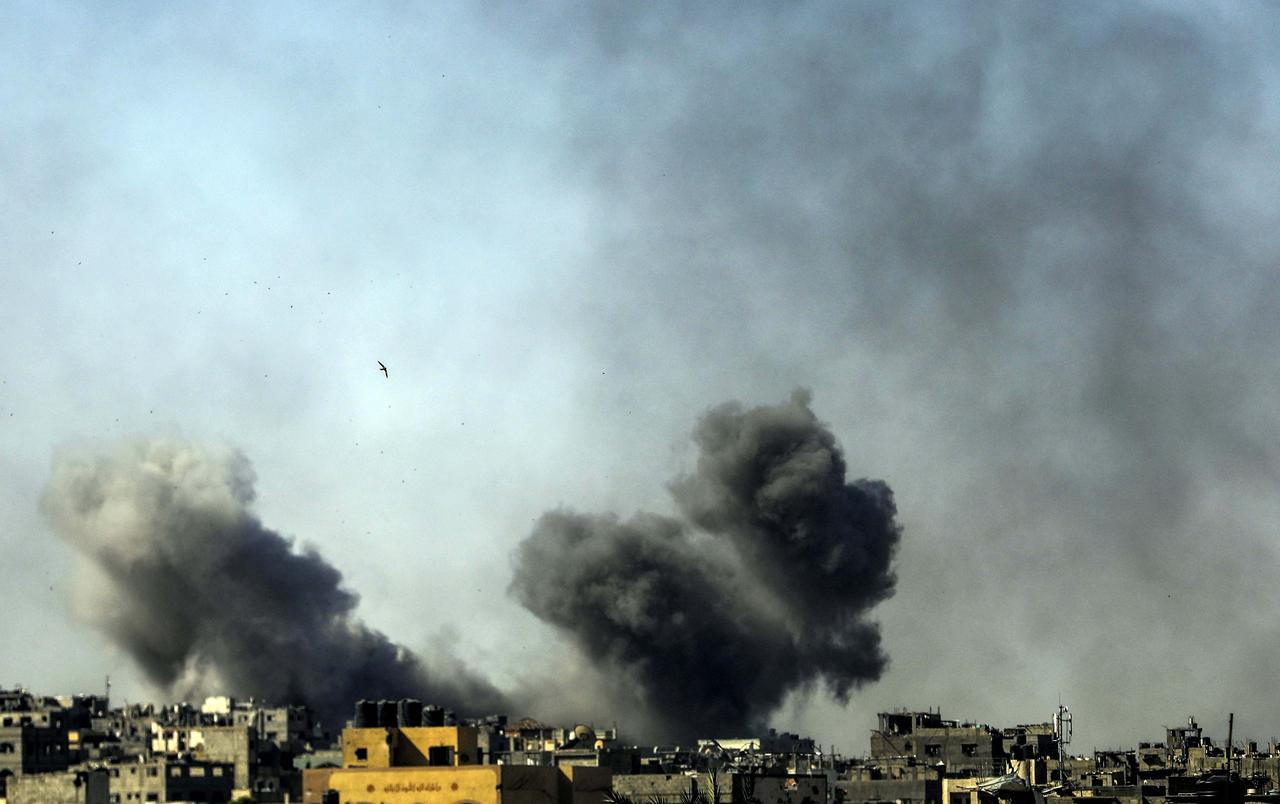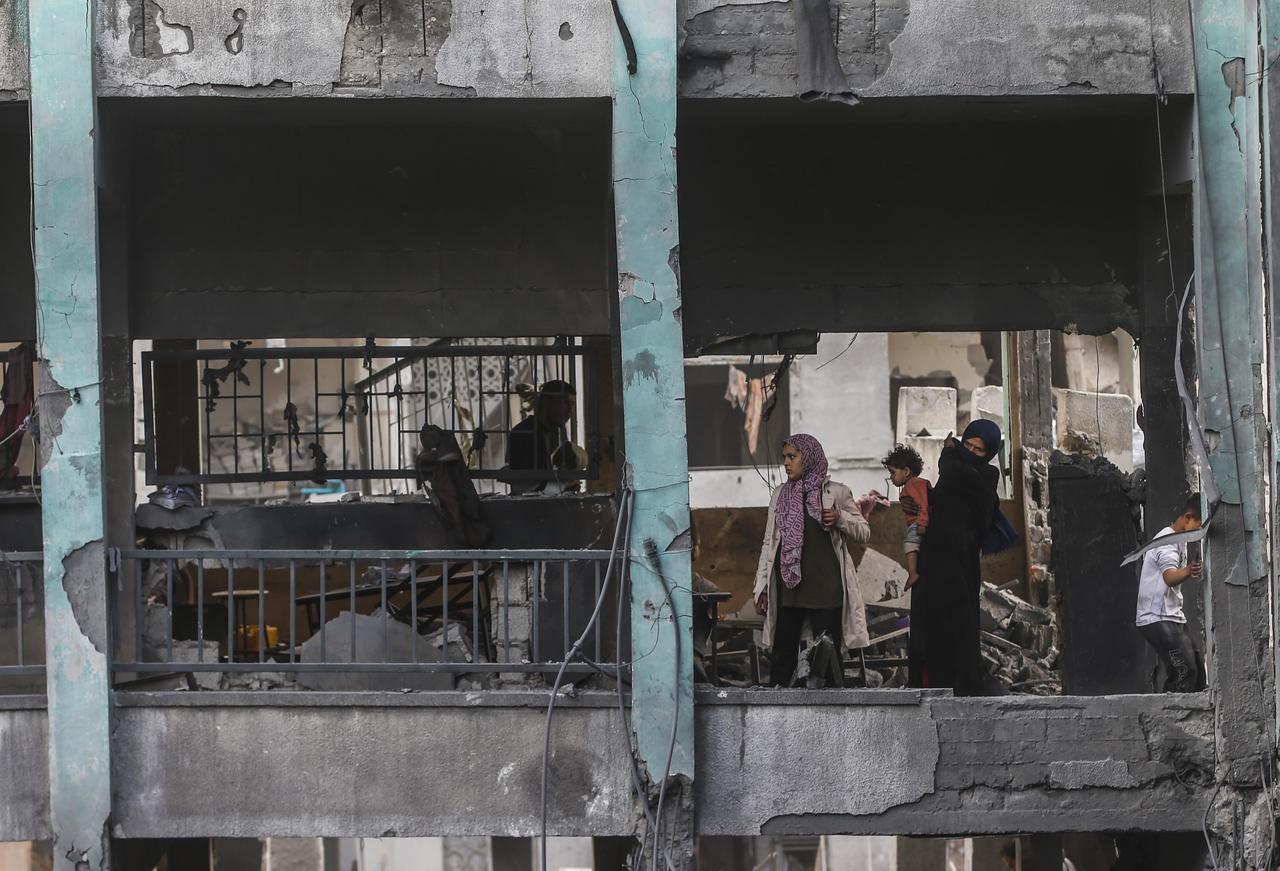
At least 10 hospitals and clinics in the Gaza Strip were struck by Israeli forces over the past week, forcing full or partial shutdowns and placing immense strain on the enclave's already overwhelmed health care system, according to a report published Saturday by Haaretz.
The attack on the European Hospital in Khan Younis marked the beginning of Israel’s intensified ground campaign, known as the Gideon Chariots operation. The operation was approved by Israel’s Security Cabinet on May 4 and launched on May 18, the Israeli newspaper said.

“These strikes have placed immense additional pressure on Gaza’s collapsing health system,” Haaretz reported, citing the Gaza Health Ministry, which said approximately 400,000 people are now left without access to medical services.
The World Health Organization (WHO) documented 28 attacks on hospitals across the Gaza Strip in the past week alone—accounting for 4% of all such attacks since the conflict began.
“Military assaults in Gaza are pushing the health system to collapse,” the WHO warned in a post on X (formerly Twitter), noting that 94% of hospitals have either been severely damaged or completely destroyed.
Only 19 out of 36 hospitals in Gaza remain at least partially operational, according to the WHO. “Hospitals must never be militarized or targeted,” it emphasized.
Four major hospitals were forced to close last week due to repeated airstrikes, evacuation orders, and escalating combat in surrounding areas.
The Israeli military claims that fighters from the Palestinian group Hamas operate from within hospital premises—an assertion frequently cited as justification for strikes on medical facilities.
Since the beginning of the conflict on Oct. 7, 2023, Israel has repeatedly targeted hospitals and clinics in Gaza, significantly damaging the healthcare infrastructure and putting thousands of patients at risk, according to United Nations and Palestinian officials.
In addition to the strikes, Israel has imposed a strict blockade on humanitarian aid since March 2. Observers describe the policy as systematic starvation, which has contributed to famine and the deaths of many civilians.